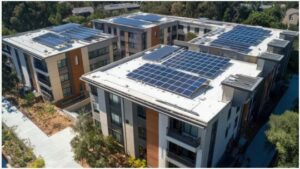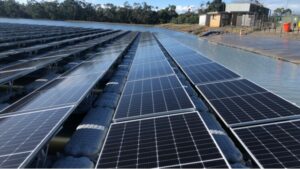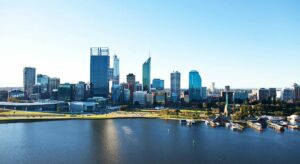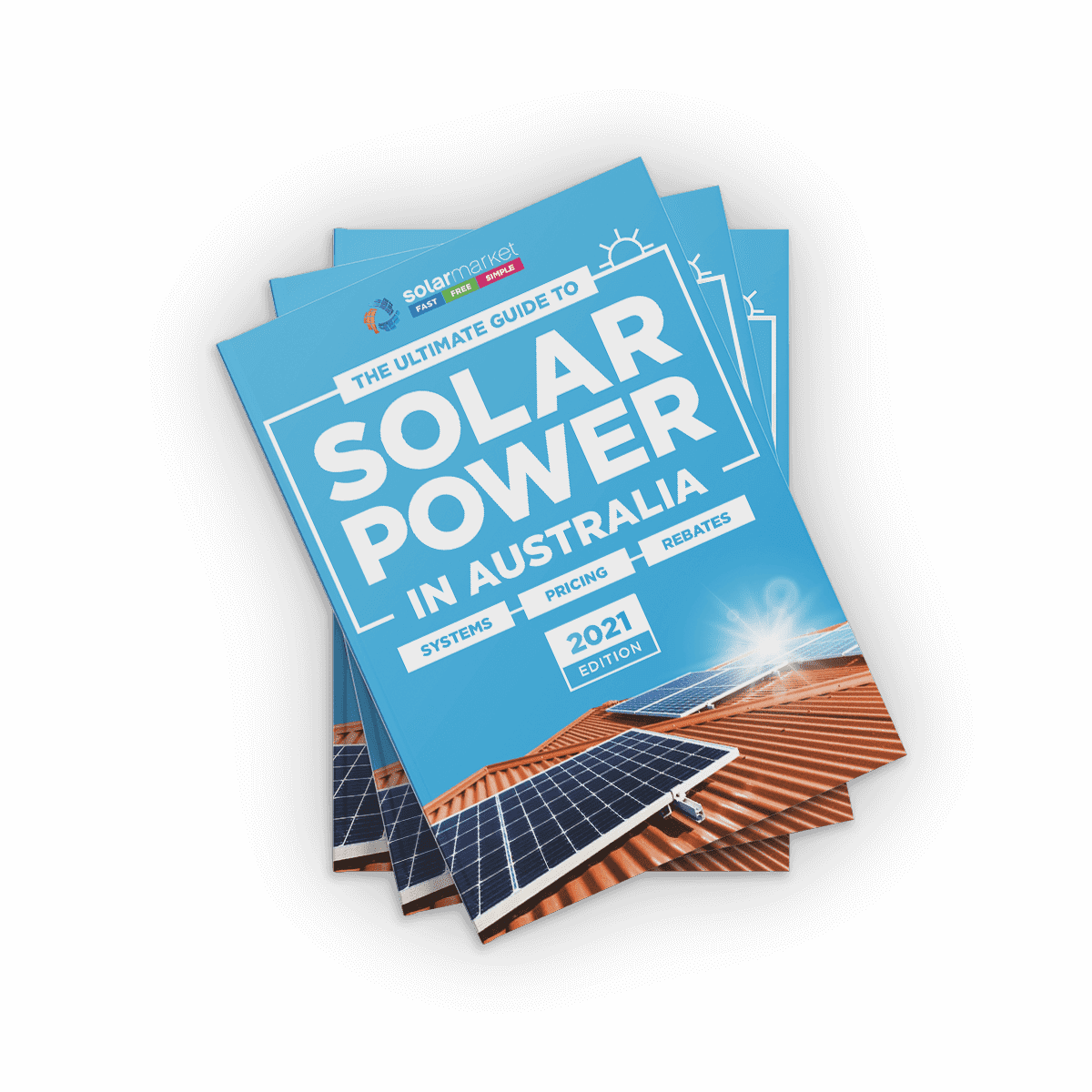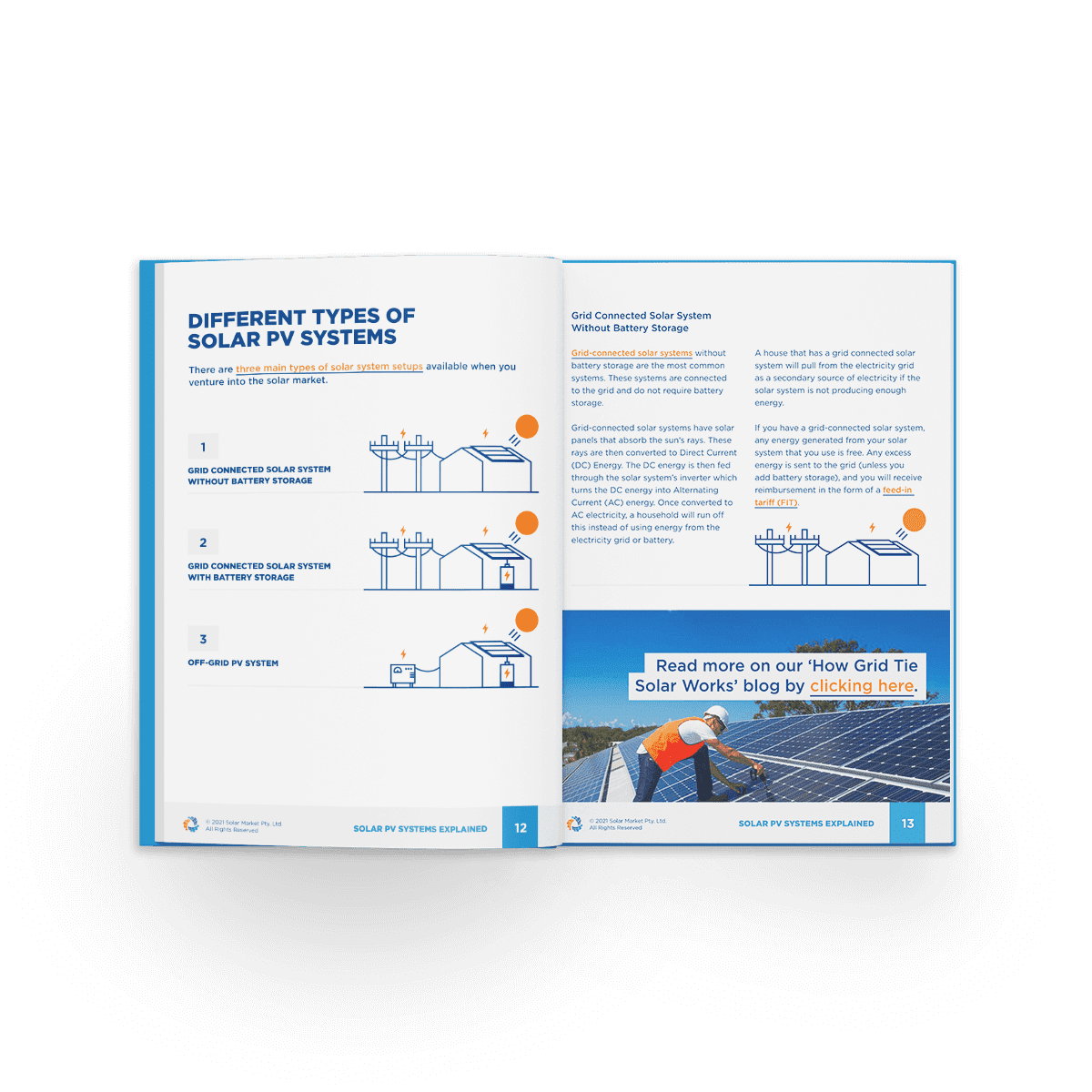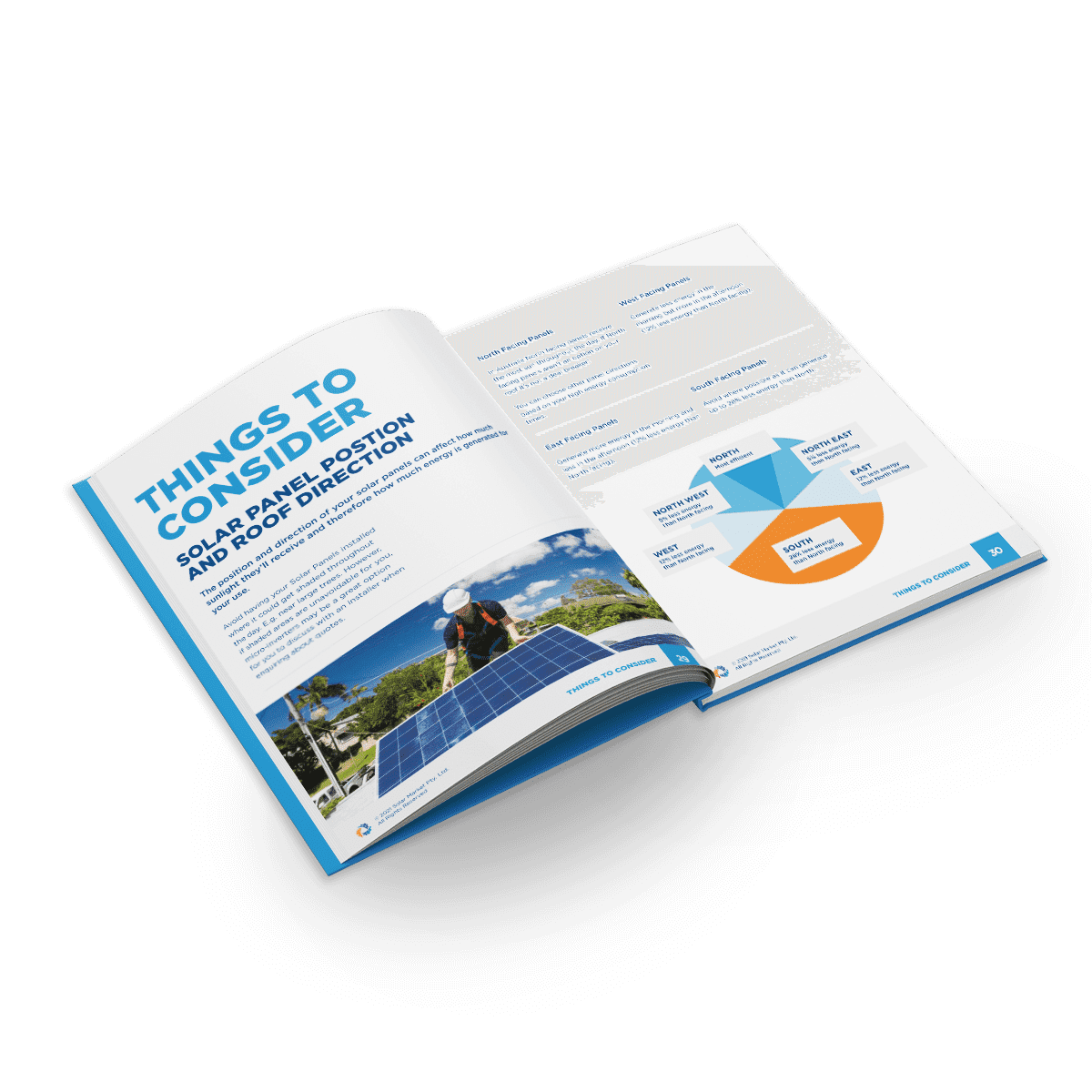Australia could phase out coal by 2040 if it doubled the take-up of solar energy and wind energy maintained its current growth pace, according to Professor Ken Baldwin, director of ANU’s Energy Change Institute.
Solar panels are currently adding 1 gigawatt in capacity annually, roughly equivalent to that of wind farms. If the pace of solar expansion doubled from 2025, it would overtake coal and gas power plants by 2030 and only leave a couple of gigawatts of fossil fuel by 2040.
The prediction is based on the assumption that the current decline in energy usage stabilises to 2012 levels and that no new coal or gas power stations are built. Many states are already on their way towards 100% renewable power, with Tasmania and South Australia generating significant electricity from wind and hydro. The ACT plans to deliver 90 per cent renewable power by 2020, and the rest of Australia is set to exceed the 20% renewable energy target by an estimated 8%.
While advances have been made in all fronts of energy generation, Professor Baldwin recently warned against nuclear power as an answer to Australia’s energy needs at a conference in Sydney. The struggle would be to implement nuclear power within 10 to 15 years with only minimal domestic experience for the construction and maintenance of the reactors.
Mr Ian Lowe Emeritus Professor of Science, Technology and Society at Griffith University said:
“The community concerns about nuclear energy remain strong, namely that it was too expensive, risky for its safety and proliferation issues and would make too little difference to a low carbon energy transition. For 40 years, we’ve been assured that there are better reactors on the drawing board that will solve the problems and they’ve failed to materialize. If it is possible to meet our needs with renewables, why would we use nuclear power?”
Inversely, Dr Alan Finkel the President of the Australian Academy of Technological Sciences and Engineering has maintained that wind and solar cannot provide baseline power so the issue of nuclear power needs to be tackled now in order to plan for the future.
“We need to make sure that we have training of people that will work towards implementing the actual technology and the strategy…We want to make sure we have the safest possible environment for operating nuclear power plants. Just ignoring it is not a good place to be.”
Antony Froggat of the Global Nuclear Status Report said that the economics do not stack up; whilst renewables have become cheaper nuclear power is becoming more expensive.




